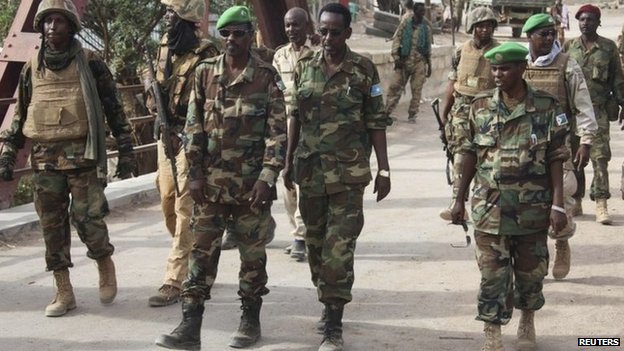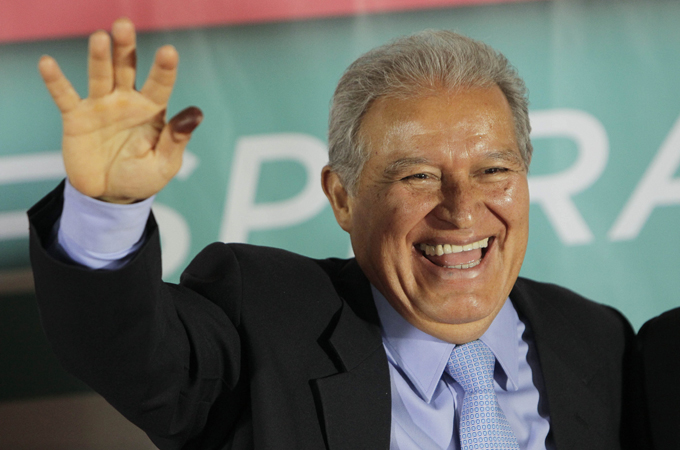By Thomas Murphy
Impunity Watch Reporter, Middle East
CAIRO, Egypt – In a rare move, Egypt’s interim President Adly Mansour, has committed to expediting the trial of Australian journalist Peter Greste. The interim President made this known in a recent letter written to Greste’s family. Mansour is also the current Chief Justice presiding over the Supreme Constitutional Court, Egypt’s highest court.

“I would like to assure you in my capacity as president of Egypt, that I will spare no effort to work towards the speedy resolution of the case, in a fashion consistent with the law and that guarantees the reunion of the family in the near future,” Mansour wrote in the letter, seen by The Associated Press on Tuesday.
The Al Jazeera Network has called the gesture an “encouraging sign.” Additionally, a spokesperson for the organization stated that it demonstrates the actions of their journalists in Egypt were legal and that there is no case against them.
Greste, was arrested with two Al Jazeera producers, Mohamed Fahmy and Baher Mohamed, on December 29. They have now been detained for 81 days. The three are charged with joining a terrorist organization, the Muslim Brotherhood, and broadcasting false information without proper working permits. They have all plead not guilty.
It remains unclear if the letter mentions Fahmy or Baher, even though they arrested together with Greste and thus, under the same circumstances. The trial also includes seventeen other journalists charged with similar crimes.
The trial has drawn criticism from international human rights groups who say that Egypt is merely attempting to suppress free speech. Institutions including the White House, the European Union and the United Nations have called for the release of the journalists, and for press freedoms to be upheld.
The arrests occurred at the same time as a crackdown on the Muslim Brotherhood. Egyptian authorities accuse the Al Jazeera Network of aiding the Muslim Brotherhood. As a result, Al Jazeera has been banned from reporting in the country.
The trial has been adjourned until March 24.
For further information, please see:
Al Jazeera – Egypt’s Mansour to expedite Al Jazeera trial – 19 March 2014
CNN – Egypt President will ‘spare no effort’ to resolve case of Al Jazeera journalist – 19 March 2014
Montreal Gazette – Egypt leader says will try to expedite trial of detained Australian journalist – 18 March 2014
Al Jazeera – Al Jazeera journalists appear in Egypt court, see trial adjourned – 5 March 2014

